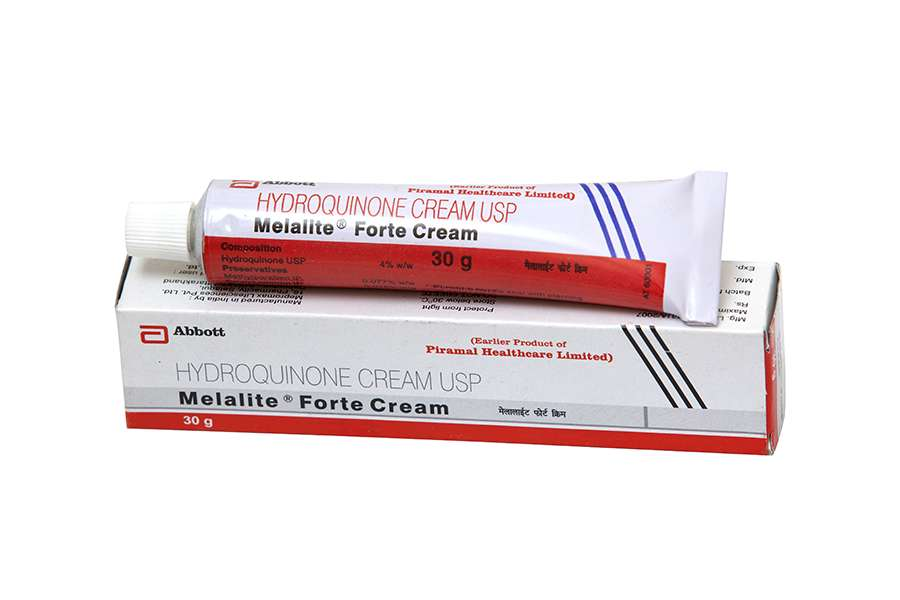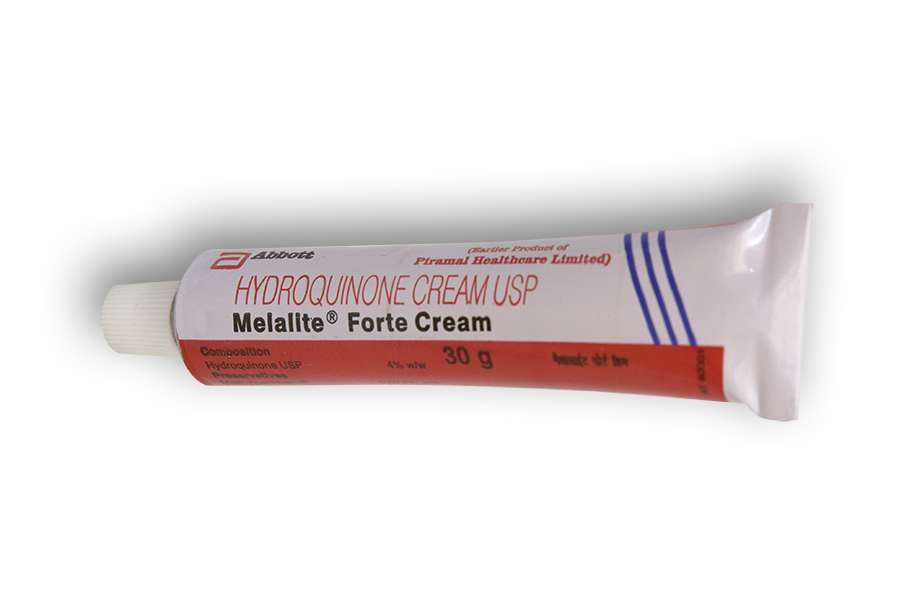SkinCareEX
Skin Lightening Cream
Skin Lightening Cream
4.62 / 5.0
(8) 8 total reviews
Couldn't load pickup availability
91 in stock
SKU:HYDR
Share
Skin Lightening Cream
Illuminate Your Skin with Confidence
Introducing our revolutionary Skin Lightening Cream, designed to help you achieve a brighter, more radiant complexion. Say goodbye to hyperpigmentation, dark spots, and uneven skin tone, and hello to a more luminous you.
Advanced Formula
Our Skin Lightening Cream is formulated using the latest scientific advancements in skincare. The unique blend of natural ingredients works synergistically to inhibit the production of melanin, the pigment responsible for dark spots and discoloration. With regular use, you can expect to see visible results in as little as four weeks.
Gentle and Effective
We understand that your skin deserves the utmost care. That's why our Skin Lightening Cream is gentle yet effective, suitable for all skin types. The non-greasy formula absorbs quickly, leaving your skin feeling soft, supple, and hydrated.
Enhanced Protection
In addition to its skin lightening properties, our cream offers enhanced sun protection with SPF 30. Shield your skin from harmful UV rays while preventing further sun damage and darkening of the skin. Enjoy the outdoors with confidence.
Visible Results
Experience a transformation you can see and feel. Our Skin Lightening Cream not only lightens dark spots but also improves overall skin texture and tone. Reveal a smoother, more even complexion that glows with radiance.
Easy to Use
Apply a small amount of cream to cleansed and toned skin, focusing on areas with hyperpigmentation or dark spots. Massage gently until fully absorbed. For best results, use twice daily. Avoid contact with eyes.
Join Our Community
Discover the secret to flawless skin shared by thousands of satisfied customers. Join our loyal community and take the first step towards achieving your dream complexion. Order your Skin Lightening Cream today!
Products arrived on time. Not expired of great quality.
Arrived fast. Consistently used for 2 weeks now and no difference noted
Great Service!..Only Cream For Age Spots That Works❤️
wonderful results already! inthis short time i have used it. thks so much.
Abbot is a brand that’s been around for a long time and it’s trusted. It works far better for me than any of its competitors and it is safe.




